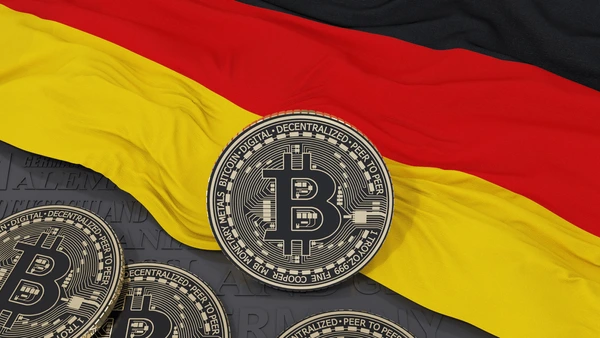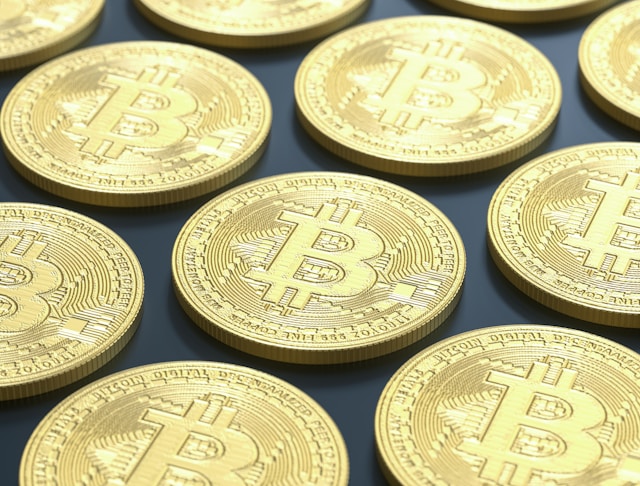The seizure was made as part of a criminal investigation, although specific details about the case have not been disclosed. The value of the seized bitcoins is estimated to be around $1.9 billion.
Bitcoin is a decentralized digital currency that operates on a peer-to-peer network without the need for a central authority. It has gained popularity in recent years as an alternative form of investment and a means of conducting transactions online.
The seizure of such a large amount of bitcoins highlights the increasing interest of law enforcement agencies in combating illicit activities involving cryptocurrencies. While bitcoin transactions are pseudonymous, meaning that the identities of the parties involved are not publicly disclosed, they are still traceable on the blockchain.
The German authorities’ ability to seize the bitcoins suggests that they were able to identify the individual and gain access to their digital wallet. This raises questions about the privacy and security of bitcoin transactions, as well as the potential for governments to regulate and control the use of cryptocurrencies.
The seized bitcoins will likely be held in a government-controlled wallet until the conclusion of the criminal investigation. It is unclear what will happen to the bitcoins once the investigation is completed, but they could potentially be sold off or used for government purposes.
This case serves as a reminder that, despite the perception of bitcoin as an anonymous and untraceable currency, law enforcement agencies are increasingly capable of identifying and seizing illicitly obtained funds. As the use of cryptocurrencies continues to grow, it is likely that governments will continue to develop strategies to combat illegal activities involving digital currencies.
The seizure of 50,000 bitcoins by German authorities highlights the growing efforts to combat illicit activities involving cryptocurrencies. While bitcoin transactions offer a level of privacy, they are still traceable, and governments have the ability to seize funds when necessary. This case raises questions about the future of privacy and regulation in the world of cryptocurrencies.










